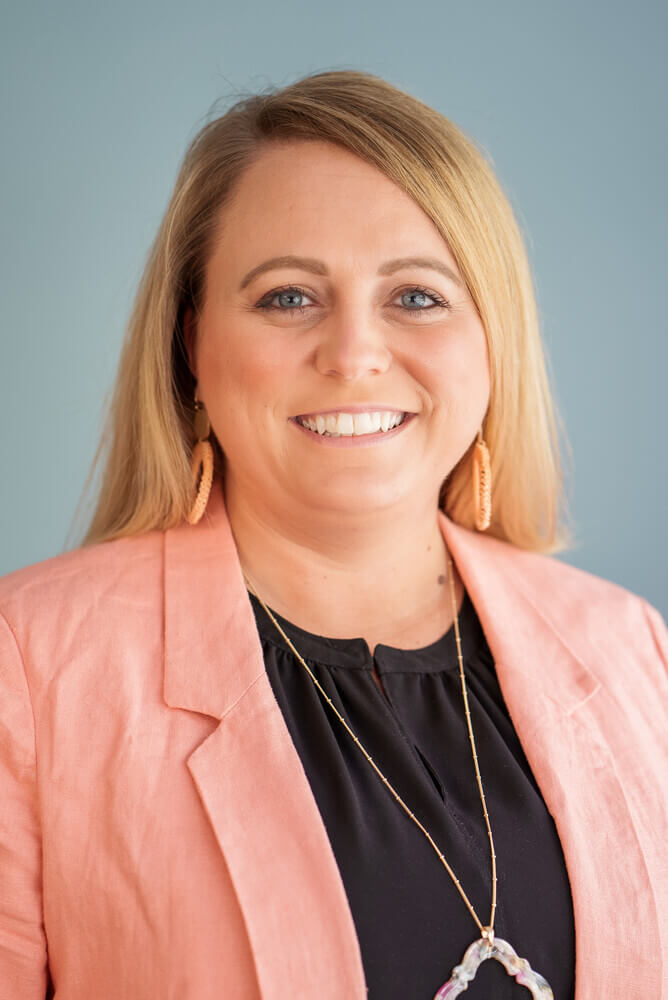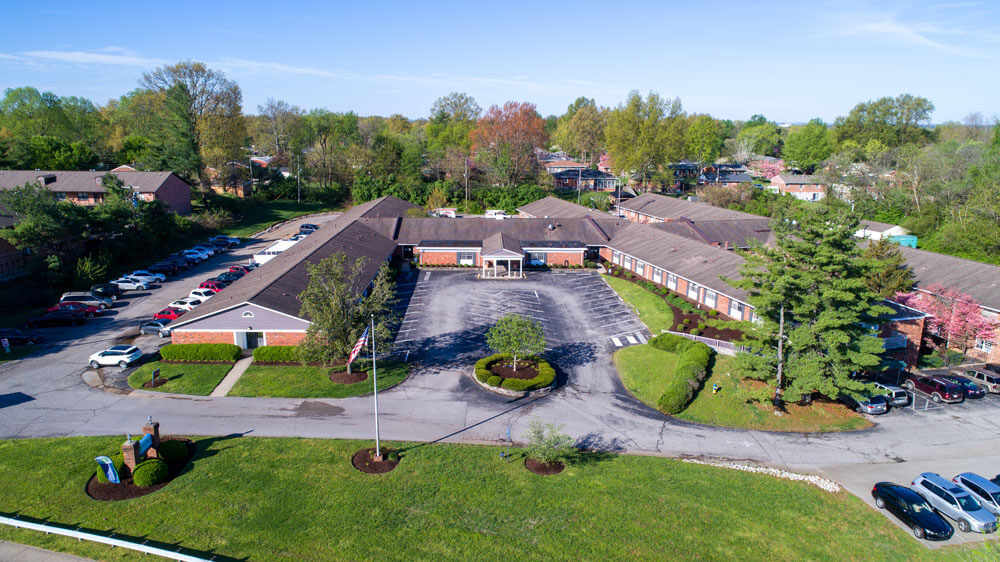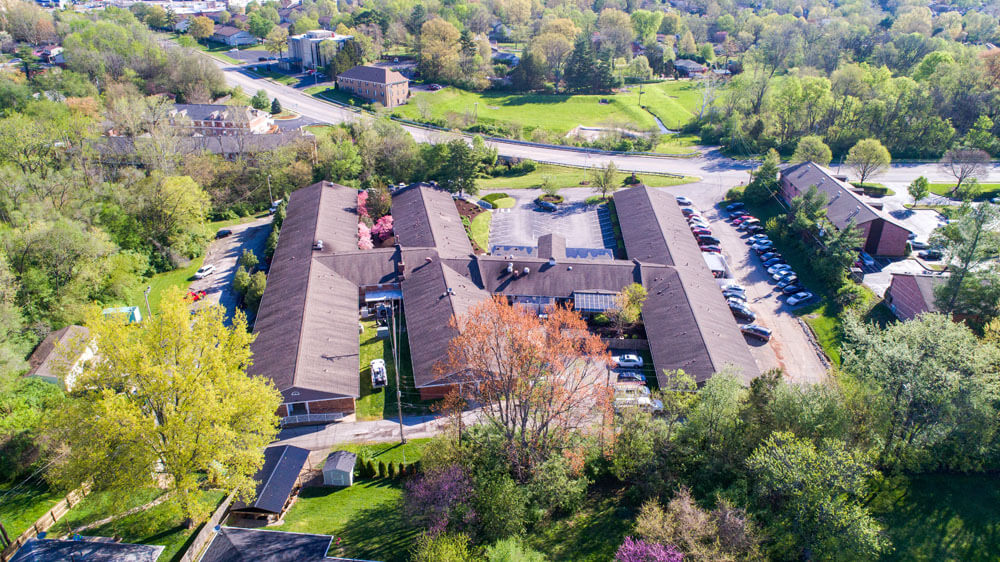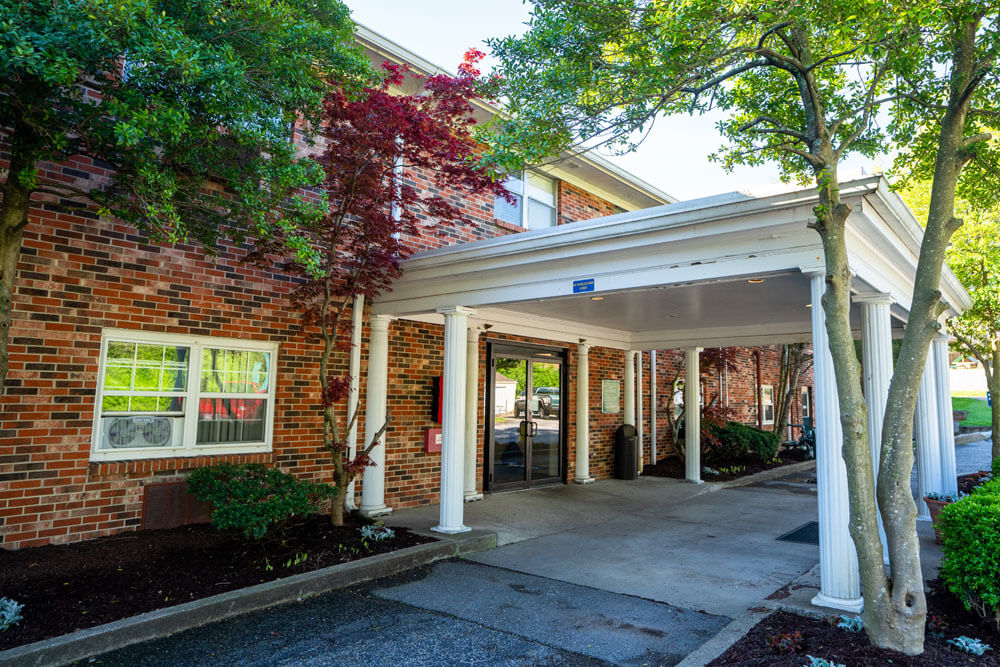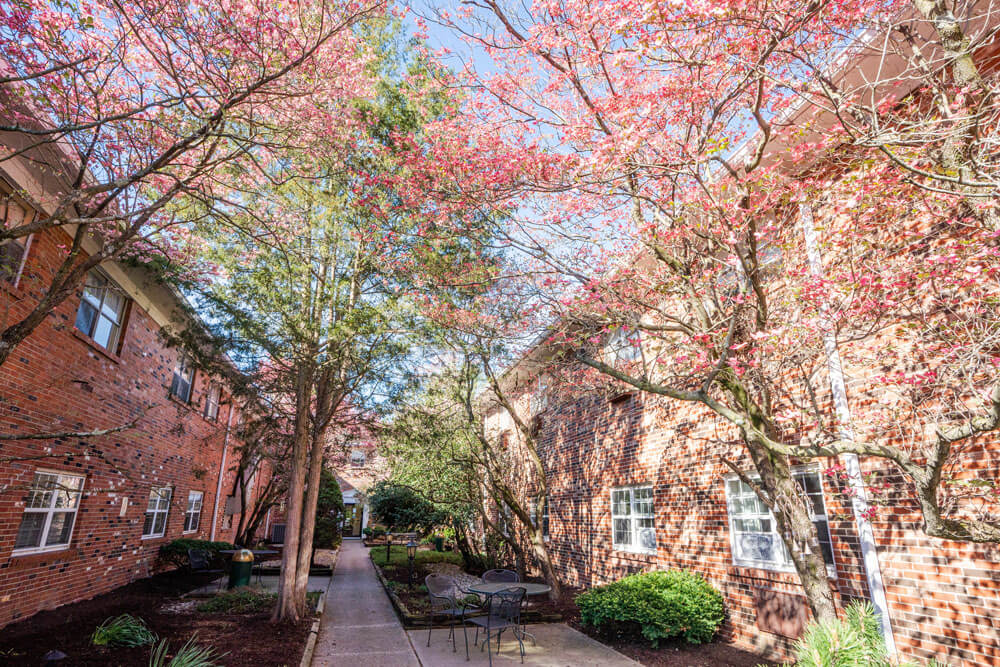
7% of older people admit to needing personal care from others.
With the trend pointing to a fifth of the population reaching over 65 years by 2050 as compared to only 15.6% today, the need for third party personal care can only increase. For many people approaching their sunset years, how they will be cared for can be a cause for concern.
Although assisted living communities may be an option, many still ask, “how does assisted living work?” Here is a guide to help you better understand this care option.
What Is Assisted Living?
Assisted living (also referred to as “personal care”) is defined as housing services for those who need a particular type of medical and personal care. These services can provide meals, care services, and even housekeeping. Other services on offer through assisted living include recreational and social services.
Assisted living is designed to offer a home-like experience while still promoting the resident’s independence. You can choose between apartments, individual rooms, or shared housing depending on what you determine is best for your needs.
Assisted Living Versus Nursing Home
Many people find it hard to distinguish between assisted living facilities and nursing homes. The main differentiator between the two is that while assisted living offers a home-like experience, a nursing home is created to provide care in a more clinical setting.
The reason for this variation is because residents in an assisted living facility can still take care of themselves in many ways. Even though they might need some help with cooking, cleaning the house, and other daily chores, they can still take part in these activities to a degree.
The residents in a nursing home, on the other hand, need a higher level of assistance. For those that are bed-ridden or require complex clinical care, a nursing home caters to all these needs more intensively.
Signs It’s Time to Consider Assisted Living
There are several options for the disabled or older people who realize they are no longer capable of living by themselves. With such a wide range of options, it’s essential you know when assisted living can best work for you. These signs can include:
1. An Increasing Rate of Accidents
As you get older, moving around becomes harder, and as a result, accidents might happen. Falling is one of the most common accidents that the elderly encounter, and if you find the rate at which you keep falling is increasing (or fairly regular), it may be time to consider assisted living.
Other accidents can be due to conditions associated with growing older. For example, dementia can lead to a myriad of accidents with appliances or a lack of awareness when you’re outside. At such a point in time, having others around you to look after you will help prevent and manage these accidents.
2. Greater Personal Care
Do you find that with every passing day it gets harder to get the care you need? Assisted living is especially useful when you need frequent monitoring and attention than you can get at home.
3. Lack of Companionship
As you grow older, many of your friends pass on, and your social activities also reduce since you can’t do as much as you used to. All the while, your need for companionship remains intact. The result is a growing lack of connection that can make life dreary.
Joining an assisted living community can help you be around other people your age whom you can befriend. As you take part in the social activities the facility regularly plans, you get to renew your social interaction, and hence, your happiness increases.
4. Sundowning
People who have dementia tend to experience ‘Sundowners syndrome,’ which is when their behavior becomes more agitated towards the end of the day. If the caregivers at home are finding it increasingly difficult to care for you due to sundowning, an assisted living facility might offer respite, or short-term stays.
Paying for Assisted Living Care
For many people, the cost associated with assisted living can, at times, put them off from looking for the service. The level of care you will require, and the assisted living community’s level of quality, are what determine the cost. There are several options for footing assisted living bills:
1. Long Term Care Insurance
Many long term care insurance policies provide for assisted living coverage as well. Furthermore, if your policy is designated for home care, you can use to seek assisted living too. Insurance policies that are ‘facility-only’ can only be used to access care from a licensed assisted living facility.
When you opt to use a long term care insurance policy, your provider will likely require you need care in at least two areas of assisted daily living. The benefits of this policy can range from $1,500 to over $9,000 monthly.
2. Veteran Aid and Attendance
The Veterans Aid and Attendance Pension is a tax-free benefit that provides funds to offset the cost of senior care. Wartime Veterans and surviving spouses that meet the criteria may be eligible for a significant monthly income from the Department of Veterans Affairs.
Veteran aid and attendance pays up to $2,230 monthly for married veterans and $1,200 monthly to a surviving spouse.
3. Life Insurance
Although life insurance typically pays out the benefits when you die, there are ways you can use such a policy to pay for assisted living. Your insurance provider can repurchase the policy at 50% to 75% of its face value, depending on the terms and conditions.
Alternatively, you can sell the policy to a third-party firm at 50% to 75% of its value. You’ll then receive a ‘life settlement’ or ‘senior settlement.’
How Does Assisted Living Work?
More Americans will live past 65 years in the next decades than ever before. As a result, concern around who can care for them in their later years is a critical matter. While many are aware of assisted living questions around, “how does assisted living work?” still abound. Seek to understand the difference between assisted living and other forms of eldercare to know how it could best work for you.
Exceptional Living Centers is driven by the desire to show compassion and love to those needing personal care services. Speak to us today to learn how you can receive support without compromise.

